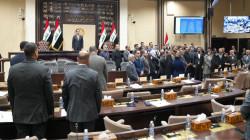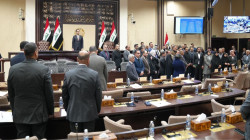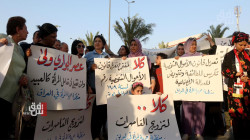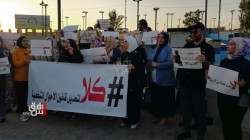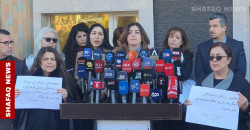Controversy surrounds proposed amendments to Iraq's Personal Status Law
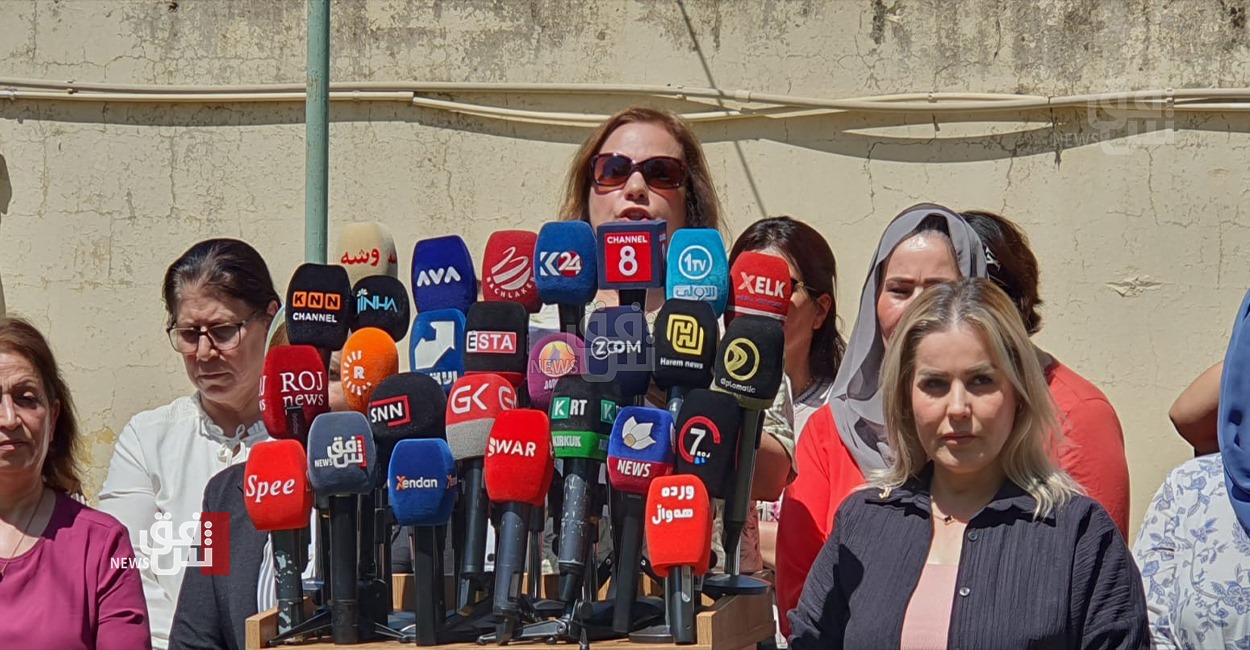
Shafaq News/ Criticism of the proposed amendments to Iraq's Personal Status Law No. 188 of 1959 continues to mount, with experts and human rights activists expressing concerns about the potential negative impact on Iraqi society, particularly women and children.
Experts highlight that these criticisms stem from growing fears about the potential adverse effects of the proposed amendments, which include controversial provisions such as child custody, child marriage, and marriage outside the court.
Many believe that these amendments could undermine the rights of women and children and widen the social gap in a country already plagued by significant economic and social crises.
The amendment, which passed its first reading on August 4, 2023, would allow religious authorities rather than state law to govern key issues such as marriage and inheritance. If enacted, the amendment would allow girls as young as nine to be married.
Regressive Impacts
During a press conference for women against the Law amendment in Al-Sulaymaniya, human rights activist Sheida Marouf told Shafaq News Agency, "…despite significant objections, attempts to amend Iraq's Personal Status Law persist.
Marouf added, "While the country expects laws that align with its progress, instead, we found such decisions that do not fit the advancements made and establishing outdated and sectarian principles."
She called on the relevant authorities to intensify efforts to prevent the passage of this law, emphasizing that its adverse effects would not be confined to Iraq alone but would also have severe repercussions on the stability of the Kurdistan region.
Violation of International Treaties
In a report published today, Human Rights Watch (HRW) pointed out that the amendment would violate several international treaties to which Iraq is a party, including the Convention on the Elimination of All Forms of Discrimination against Women (CEDAW) and the Convention on Rights of the Child.
It also likely contravenes the International Covenant on Civil and Political Rights and the International Covenant on Economic, Social, and Cultural Rights by discriminating based on religion and gender.
